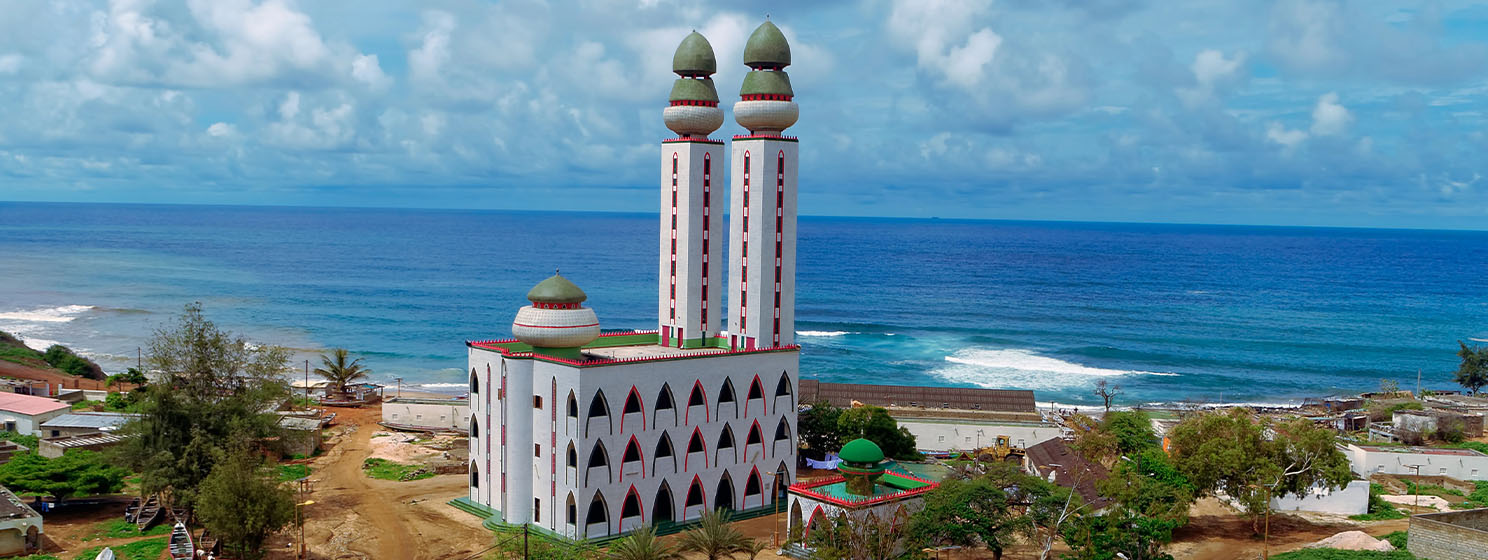|
Getting your Trinity Audio player ready...
|
Senegal has held talks with the West African Development Bank as it seeks new partners for its digital transformation agenda.
The Minister for Communications and the Digital Economy, Alioune Sall, met a delegation from the regional development lender to discuss the country’s efforts in digitalizing public and private sector services. Local news outlets say the two factions explored new partnerships to boost the country’s digital sovereignty and how BOAD can become a key partner in expanding the digital public services.
Based in Lomé, Togo, BOAD has been financing priority projects in West Africa since 1973, with its total commitments as of September last year reported at $16 billion. It serves eight West African nations, including Senegal, Togo, Niger, and Côte d’Ivoire.
Senegal has ramped up its digitalization efforts to boost access to government services for its 19 million citizens in recent years. Additionally, the government is rallying to boost the digital economy; in 2023, the sector contributed 6% to the country’s GDP.
In February 2025, President Bassirou Diomaye Faye launched the New Technological Deal, with one of the targets being to boost the digital economy’s share of the GDP to 10% this year. Other goals include promoting digital sovereignty and digitalizing at least 90% of all government services. Ultimately, it targets making Senegal an international digital hub by 2034.
The roadmap’s budget stands at 1,105 billion CFA Francs ($1.99 billion). Of this, the Senegalese government claims to have identified sources for around $1.7 billion. At the recent meeting, the two factions discussed the possibility of BOAD coming on board to finance the shortfall.
BOAD has been financing similar projects in West Africa for decades. In 2024, it launched the Digital Transformation Fund in partnership with KfW, Germany’s $600 billion development bank. The fund primarily aims to modernize public administration systems and make them “capable of effectively meeting the needs of our populations in an ever-changing world.” KfW contributed $17.8 million to the fund at launch, while the BOAD added $22.5 million.
On the digital ID front, Senegal is amending the Family Code of 1972 to allow the use of digital procedures in civil status management. The National Civil Status Agency also revealed that the country has digitized nearly 70% of its 30 million civil records and trained thousands of government officials on the latest technology.Zambia doubles down on civil registration for digitalization
In Zambia, the government has reiterated its focus on civil registration as the foundation of the country’s digital agenda.
While celebrating the 8th Africa Civil Registration and Vital Statistics (CRVS) Day, Home Affairs Minister Jack Mwiimbu touted civil registration as the backbone for legal identity. He added that an efficient registration system is vital to Zambia’s vision of a universal digital identity, which is essential in efficiently delivering government services.
Civil registries record vital events such as births, marriages, divorces, adoptions, and deaths. Besides underpinning legal identity, these registries enable the government to plan policies and efficiently serve the people while also protecting their rights and freedoms.
The CRVS Day was first observed in 2018, and each year, most African countries commemorate the occasion, focusing on advancing civil registries.
In its CRVS Day observance, UNICEF called on African governments to register all children at birth to protect their rights and identity. It noted that close to 50% of all African children under five are unregistered.
“With Africa expected to account for one-third of all global births by 2050 — achieving universal birth registration is both a rights imperative and a demographic necessity,” the agency said from its regional headquarters in Nairobi.
Despite the low birth registration rates in some countries, most of which are in Eastern and Central Africa, the continent is investing heavily in digital ID.
The Southern African Development Community recently launched a new cross-border digital public infrastructure that will serve its 16 members. One of the benefits will be interoperability between the members’ digital ID systems, which SADC says will “unlock transformation at unprecedented scale” and “amplify existing capabilities while creating new possibilities for cross-border inclusion.”
Watch: Educating the government on potentials of blockchain

 02-24-2026
02-24-2026 




